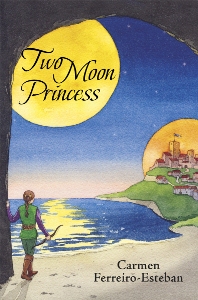Scott Westerfeld has a talent for crafting brilliant social commentary and disguising it as dystopian fiction. The most recent book in the Uglies series, Extras, picks up the mantle of social commentary after it was abandoned in Pretties and Specials.
For the first half to two-thirds of the book, Extras is a completely captivating look at the world Westerfeld created, and what happened in the years after the “mind-rain:” Tally’s dismantling of the world system in the previous three books. In Aya’s city, the way they’ve dealt with it is to create a merit- and reputation-based economy: only those who are popular get the good stuff — nice houses, clothes, invites to all the best parties. Aya is an “extra,” with a “face-ranking” of nearly 500,000 (in a city of 1 million) — she’s someone who doesn’t really matter.
Aya is determined to change that, by “kicking” a story that will get people talking about her, thereby bumping her face rank, and allowing her to get out of the lousy dorm that she’s in. She discovers the Sly Girls, an anonymous clique that thrives off danger and having low face rankings, and infiltrates them in the pursuit of a story.
This is the best part of the book — Westerfeld has created a world where everyone has a say about everything; where the trivial is important, if you can get people to talk about it. (The second most famous person — Tally is first, even though she doesn’t live there — sends out feeds about what she eats and what she wears, and people all over buzz about it. It doesn’t matter that it’s totally trivial; she’s famous because people talk about her.) There are elements of Facebook and Twitter in there — the popularity contest that is having hundreds or thousands (or millions) of followers hanging on your every tweet or status update. It was simultaneously exciting, enlightening — and very disturbing.
However, the second half of the book veers back into sci-fi adventure territory. Aya discovers and kicks a story that could possibly mean the end of the world. Tally shows back up (with Shay, Fausto, and David) to use Aya (and her friends) to discover the sinister plot behind it all. From there, everything just gets weird. The ending is totally unsatisfying, as if Westerfeld had too many ideas and just needed to end the book because it was getting too long. He abandoned the interesting Sly Girls, as well as most of the social commentary, in favor of bringing Tally back into the story.
All that said, if you’re even remotely interested in the series, it’s a good book.
Rated: Mild, for some mild swearing.




